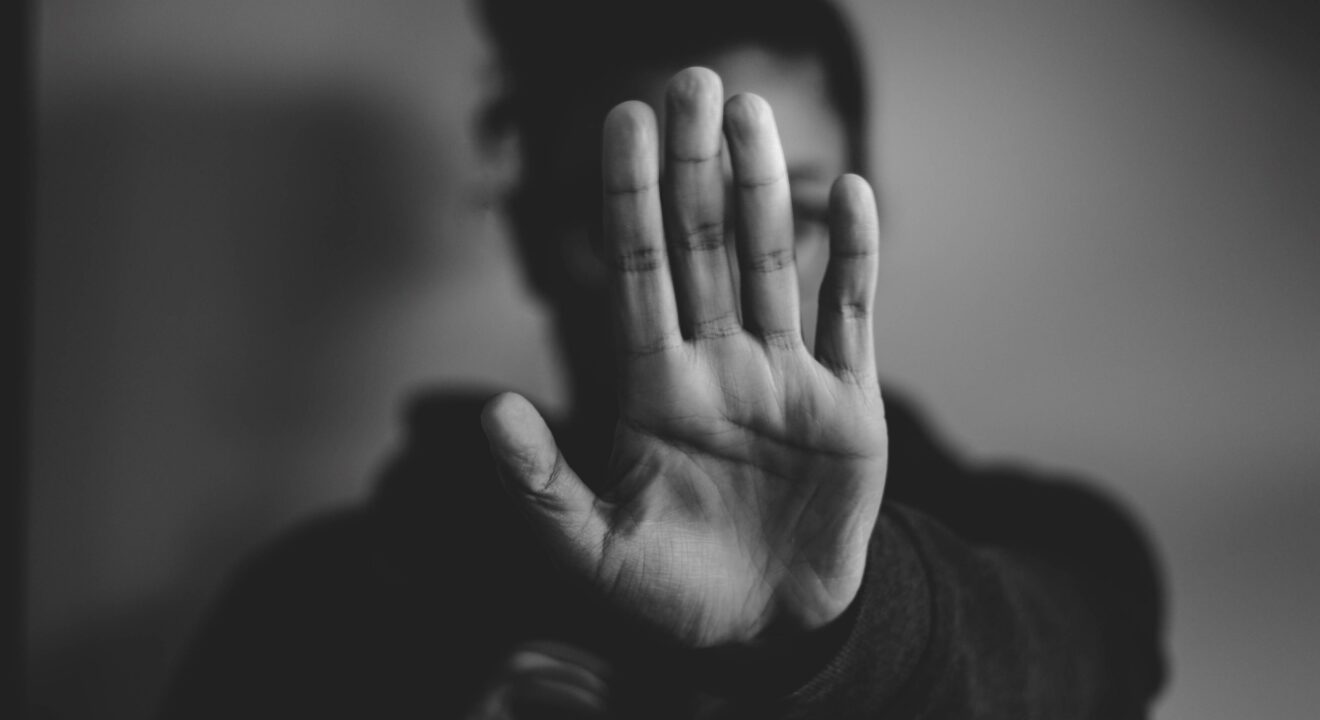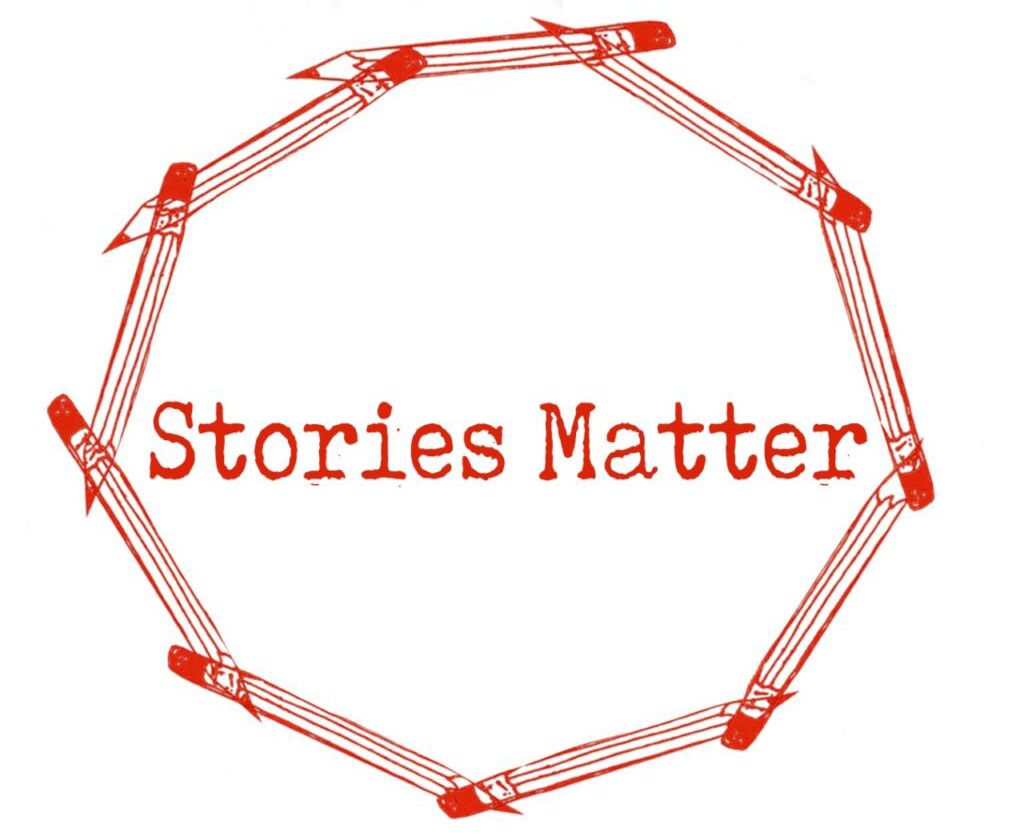Culture May 2, 2021


I remember my first day of school in the United States like it was yesterday. My teacher was speaking to me. Her words felt like trying to put a puzzle together and I could not match the pieces.
I was born in San Bernardino California. I spent almost the first year of my life here, not long enough. I was taken to Mexico by my mother leaving my father behind. I lived in Guadalajara until I was twelve years old. Growing up in Mexico taught me about my culture and I developed a perspective of life, however it was hard for me to attend school because I didn’t have my Mexican citizenship. I have always enjoyed school and I grew up with the sense that it is important. In Mexico it is hard to finish their education not everyone has the resources. My last school year in Guadalajara was different because I was starting one of the most crucial years of my life. This year, I was careless about my grades, for no specific reason. I remember the importance of my education and I chose a different path. I didn’t see myself achieving my dreams in Mexico. I made the decision that would change my life, I decided to move back to the U.S.
My journey began in summer of 2016. I was excited to create a new life, with new surroundings and people. On my first walk through the streets of Santa Barbara I saw big retail stores, walking into them made me feel like a kid in a playground. I saw teens walking with their group of friends dressed cool, speaking a language I couldn’t understand yet. What scared me the most though was attending school despite the excitement, because I didn’t know how to speak English. On my first ride to school I felt nervous, I was frightened, getting out of the car seemed like a daunting task. I was about to walk into the unknown.
I was assigned classes where little participation was required such as: Art, PE and Math. Which was upsetting, I wanted to learn like everyone else in my grade, classes like: History, Science. My frustration was present in almost every class I had. It was difficult to find someone to help me communicate because no one wanted to translate, except there were a few brave souls who would help. Half of the time I could communicate through an iPad, which made it harder rather than easier.
Although I live in a state where more than half of the population is bilingual, the Latinos in my grade felt embarrassed of their native language and pretended they didn’t know how to speak Spanish.
I would often see them speaking with their parents in Spanish, when I would ask them for help. They would say “sorry I don’t speak Spanish”. I realized that when I would try to communicate with other Latinos with my broken English they were like“what was that? I can’t understand you”, but when I would communicate with people from other ethnic backgrounds they would understand me. Those Latinos would often laugh at me, when I’m sure that half of those people went through the same struggle. Why were they laughing at me? because I was trying? .I felt betrayed by my own people
Making friends was challenging.I wasn’t accepted. There didn’t seem to be someone I can rely on, I wanted a friend I could talk to. I prevented myself from meeting new people because every time I met someone they would say “You have an accent” which made me self conscious. Speaking became one of my insecurities and that was when I discovered the power of writing. I didn’t need verbal communication with others, no matter what my native language was. I found writing to be my outlet; my journal or any piece of paper and a pen became my safe space.
Coming to the U.S didn’t feel like I expected it would; it wasn’t welcoming. I have never experienced the isolation I received here. When I lived in Mexico I was always told that I was American and that I didn’t belong there, but I was never judged like in the U.S. I thought that perhaps coming here would feel like this was where I needed to be and it would be magical like in movies. But it was the complete opposite. Here not only students, teachers as well would label me as the “Mexican girl”. Society made me question where I belonged. Now I know that I don’t have to choose between one or the other because I can’t be only from one culture because I am a little bit of both. I am Chicana.
